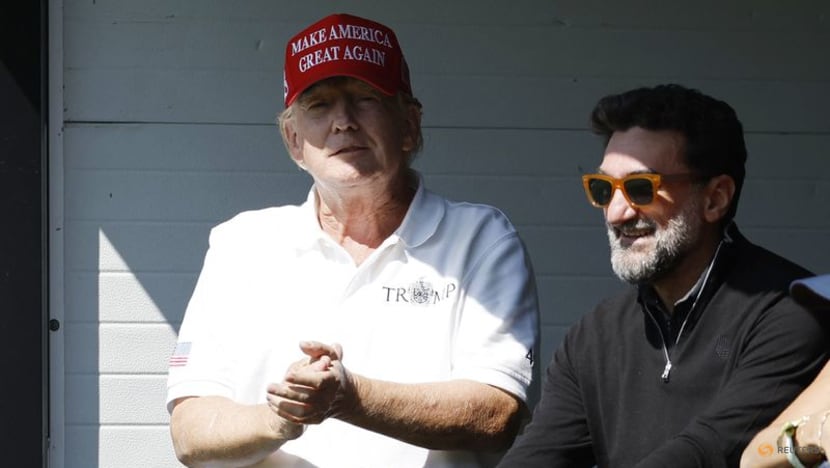Senator Chris Murphy, another Democrat, tweeted: "So weird. PGA officials were in my office just months ago talking about how the Saudis' human rights crimes should disqualify them from having a stake in a major American sport. I guess maybe their concerns weren't really about human rights?"
But Trump, who owns three courses on LIV Golf's 14-event schedule for 2023, celebrated the deal in a Truth Social post. "Great news from Liv Golf. A big, beautiful, and glamorous deal for the wonderful world of golf," he wrote.
ANTITRUST SCRUTINY?
No details were given as to how the agreement will impact the current competitive golf landscape. LIV had been planning to run 14 events this year, including eight in the United States, with prize money of US$405 million and further lucrative payouts for big name golfers to woo them away from the nearly century-old PGA. The PGA Tour had responded by dramatically raising prize money for some events.
The deal could well attract antitrust scrutiny because it could ultimately impact the incomes of the relatively small pool of top golfers that are targets for the tours. Last year, the Department of Justice successfully blocked a merger of two US book publishers, arguing that the reduction in competition would hurt author incomes.
The department is already conducting an antitrust probe into professional golf, which included PGA's fight with LIV. It declined comment on Tuesday.
LIV was only founded in 2021, which could play in the deal's favour, said Seth Bloom of Bloom Strategic Counsel.
"I would assess it unlikely this would get opposed by the government mainly because it (LIV) hasn't been around very long," he said.
The deal could also be seen as good for consumers, according to Steve Ross, a sport antitrust expert at Pennsylvania State University's law school. "Allowing all the best golfers to participate at major events is responsive to consumer preference, which the Supreme Court has stated is the 'hallmark' of antitrust," he said in an email.
A national security attorney Reuters spoke to said the deal could be subject to a review by the Committee of Foreign Investment in the US, or CFIUS, a Treasury-led committee that reviews foreign investments for national security concerns, if, for instance, PIF can exercise "control" over PGA, a US entity, through the transaction.
But others argue the nature of the PGA business means such concerns are unlikely to be a major stumbling block.
"The US is concerned about things like AI, biotech, supply chain, computing, electronics, agriculture and food," said Nevena Simidjiyska, a regulatory lawyer at law firm Fox Rothschild LLP. "I don't think golf has reached that level of necessity yet."
